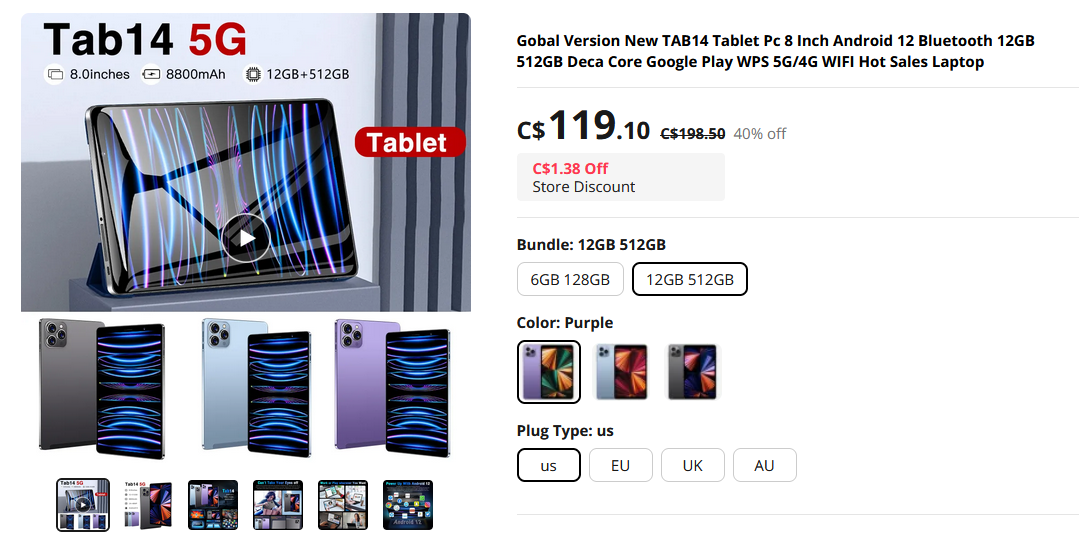That's the rule for astronomy. If it happens once, it always happens; we just haven't seen it yet
MaxHardwood
joined 2 years ago
You're using the term faith differently than everybody else.
BoTh SiDeS!!
They are not the same. One is an open Nazi party
Almost 50% of energy is lost in transmission. Keeping renewable energy closer is good.
How do you think power/energy is sent to your home?
"Sport"
What are you on about? Everybody who isn't an embarrassed-temporarily-broke-millionaire wants this
Gosh darn fuck I'm annoyed by how stupid your comment is.
Golf: 20 acres for 3 people
Soccer: 50 meters for 10+
How do you live being this fucking ignorant?
What the fuck did I do?!?
view more: next ›

Absolutely. They're nothing alike.